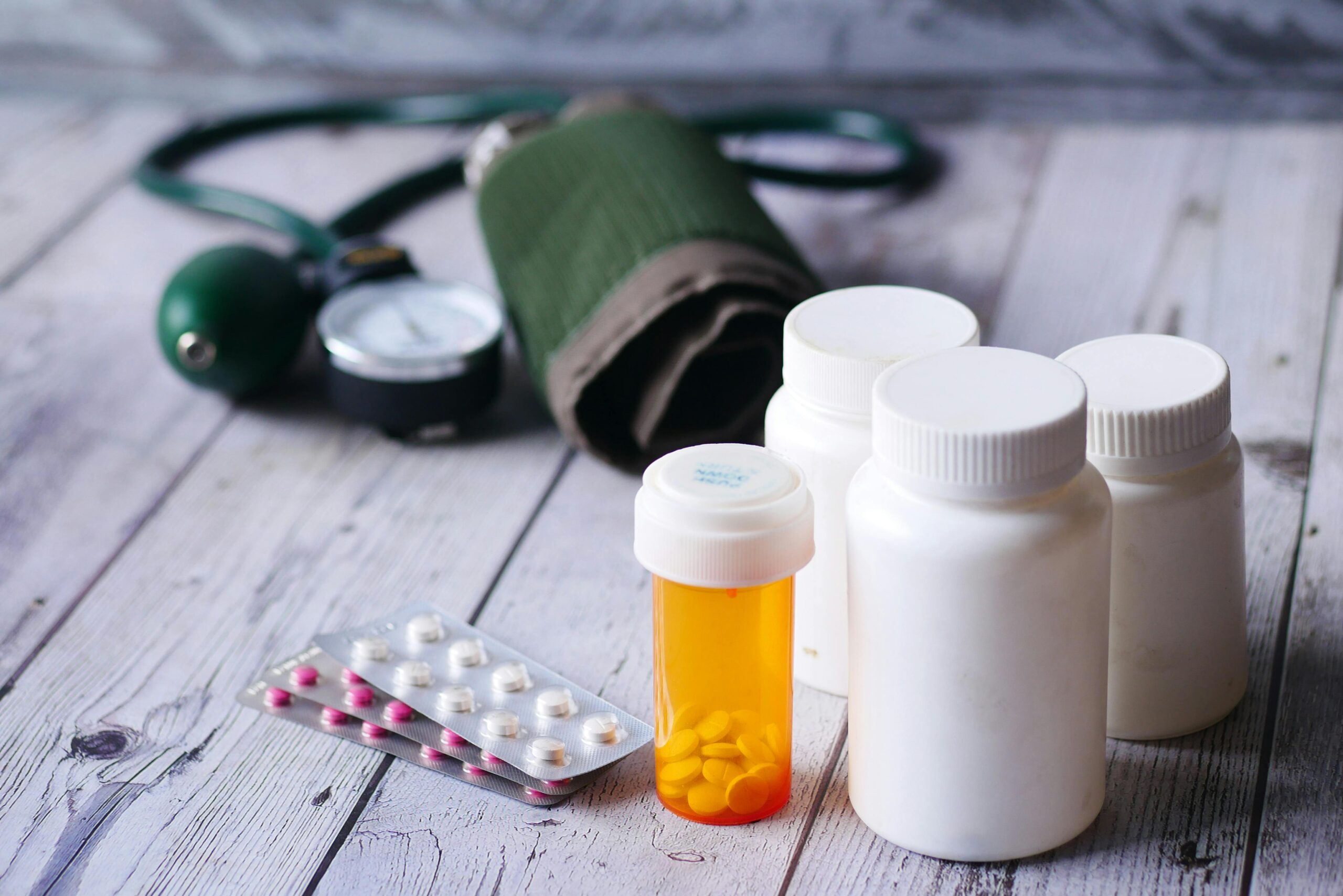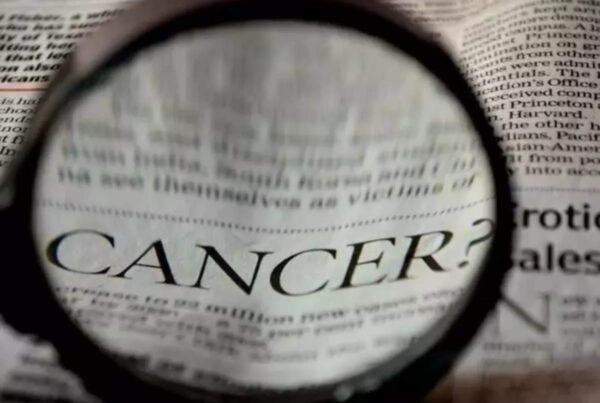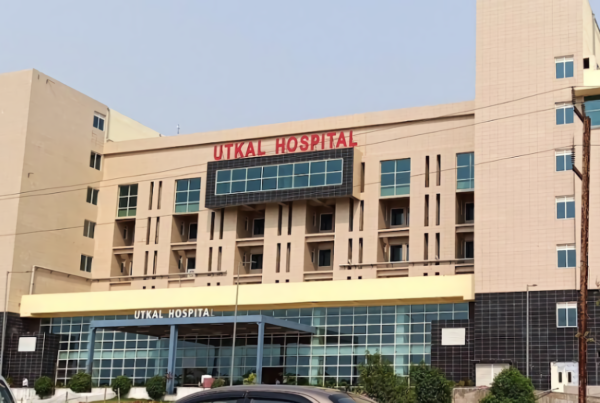Sales of cardiac medications in India have surged by over 50% in the last five years, highlighting a dramatic rise in the country’s cardiovascular health burden. This rapid growth in demand includes treatments for heart failure, high cholesterol, blood clots, and angina, with some drug categories such as sacubitril and eplerenone showing an 83% increase over the same period.
The expansion is driven by a combination of factors: revised hypertension thresholds, greater awareness of cardiac risk, and increased availability of diagnostics and medications in smaller cities and rural areas. The growing number of young individuals diagnosed with heart conditions has also played a significant role, with cardiologists reporting that one in five heart attack patients is now under the age of 40.
Changes in lifestyle are adding fuel to the crisis. Poor diets, reduced physical activity, obesity, chronic stress, and rising pollution levels are contributing to the growing incidence of heart disease. Many patients now begin treatment earlier, either because of improved access to care or heightened anxiety following high-profile cases of sudden cardiac deaths in younger people.
The jump in pharmaceutical sales reflects not just better treatment outreach but also a deeper public health challenge. Cardiovascular diseases now account for more than a quarter of all deaths in the country, and nearly half of the deaths among people aged 40 to 69. Experts stress that unless preventive strategies are strengthened—including screening programs, lifestyle education, and affordable long-term care—the nation will face an even greater strain on its healthcare system in the years ahead.



